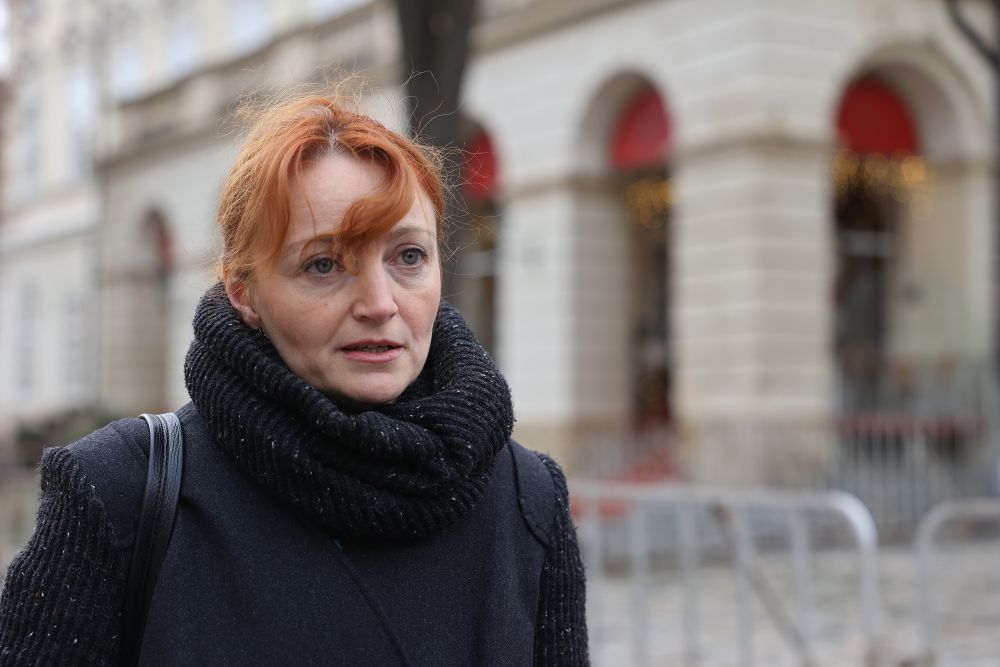With the entry into force of the relevant law, local self-government bodies will lose, in particular, the right to influence the sphere of historical heritage protection. This is especially threatening for Lviv, because more than 2,500 monuments of history and architecture have been preserved here.
And the historical part of the city and the Svyatoyura complex have been part of the UNESCO World Heritage since 1998.
According to Nataliya Alekseeva, head of the executive committee of the Lviv City Council, the draft law was not discussed with local self-government bodies, experts, or the public. Whereas it is the communities that support and are most involved in the preservation of approximately 90% of monuments in Ukraine.
“I hope that the President will not sign this law, and common sense will prevail. The mistake of the developers was that they did not discuss the draft law with everyone for whom it is intended and who will work with it. I think that they discussed it with the developers, but did not discuss it with local self-government bodies, the protection of historical heritage, which are responsible for monuments, and with the public in general – first of all, the Union of Architects of Ukraine and ICOMOS, because they will also be affected by this law. If everyone could express comments and if they were taken into account, then the law would be significantly different,” Liliya Onyshchenko, the head of the historical environment protection department of the LMR, is convinced.
It is interesting that the document is maximally aimed at digitalization in the field of urban planning, and this, according to Ms. Liliya, is a good thing. However, there is no documentary basis for such an innovation. As Liliya Onishchenko points out, until now there is no electronic State Register of Monuments in Ukraine, and no lands of historical and cultural purpose have been entered into the land cadastre. “The law assumes that this register already exists, and anyone can check the object in it. In addition, we do not have a cadastre, which would reflect the lands and their regimes,” Liliya Onishchenko notes.
The official adds that it is not worth adopting such laws during the war. “This time could be used to prepare all the necessary documents and resources to transfer everything to the digital field,” – believes the head of the historical environment protection department.
Her European colleagues also stand in solidarity with her. Thus, the cultural heritage protection bodies of European municipalities are preparing a corresponding appeal to the Chairman of the Verkhovna Rada of Ukraine and the Minister of Culture with a request to suspend the development of this draft law during martial law.
By the way, a number of professional organizations opposed draft law No. 5655, in particular, the Ukrainian National Committee of the International Council on Monuments and Landmarks (ICOMOS Ukraine), the Association of Cities of Ukraine, the National Union of Architects, the “CHESNO” NGO.
The National Agency for the Prevention of Corruption also expressed a number of important remarks. And the electronic petition with the demand to veto the draft law, which was registered on the website of the President of Ukraine, gained the required 25,000 votes in record time.
We will remind, according to the so-called urban planning reform, control functions will be given to a private inspection company. It can be created, for example, by the developer himself. Instead, representatives of the city council will not even have the right to enter the territory where construction is taking place. In addition, local self-government bodies are deprived of the right to influence the sphere of historical heritage protection.
Therefore, on December 22, at a session of the Lviv City Council, they sent an appeal to the President of Ukraine to promise a law that would limit the decentralization of the urban planning sphere and could lead to chaotic construction.

